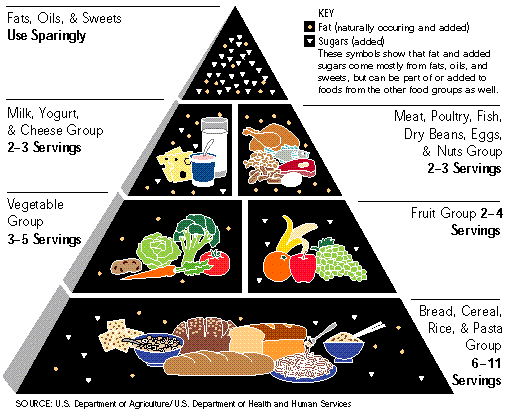If you have a food allergy, it is important to avoid the allergen such as peanuts, wheat, milk and sulfites. Stop the symptoms of your food allergies with avoidance and education. Find information on food allergy lists of hidden ingredients.
Did you know that more that 11 million Americans alone are suffering from a food allergy? Out of these people, 6.5 million are allergic to seafood and 3 million are allergic to tree nuts or peanuts. But there are many other foods that can cause allergic reactions, including milk, eggs, wheat, fish, soy and shellfish. People can also suffer from a sulfite allergy or even high fructose corn syrup.
But what is a food allergy? Simply put, a food allergy occurs when you eat something and your body creates an antibody against it. As an example, if you have a peanut allergy and are exposed to peanuts, your body will look at it as an "enemy" and fight it with antibodies, causing mild to severe allergic reactions.
A food allergy is the leading cause of anaphylactic reactions, which are frightening severe reactions to a food that can be potentially fatal. Sadly, almost 200 people die each year from an anaphylactic reaction to a food allergy.
If you have been recently diagnosed with an allergy to milk, peanuts or other food, it is important to completely eliminate that food from your diet. There are no cures for a food allergy, so strict avoidance must occur.
To live with a food allergy, it is imperative that you read every food label before buying. By law, manufacturers must now list common food allergens on labels such as milk, soy, egg or wheat. However, products made before January 2006 should be scrutinized because at that time, the law was not in place.
Once you are home, you need to be sure that cross-contamination of foods do not occur. Imagine your spouse or friend putting a knife in the peanut butter and then directly into the jelly after "wiping it off." This will contaminate the jelly and will surely cause a negative food reaction if ingested by someone suffering from a peanut allergy. Every utensil in your house must be washed with soapy hot water after use.
Cross-contamination can also occur when foods are placed near each other in the kitchen, a restaurant or even grocery store. Although delis are not supposed to slice cheese on the same machine as meat, it often occurs with nothing but a quick wipe-down. So avoid all deli meat, and place possible allergen foods away from safe foods at home.
If you have a food allergy, you may feel overwhelmed at what to eat and how. But with a little care and a lot of safe cooking practices, you can make every day a safe day for you and your family.

 Starting Up An Aquaponics Set Up From See The Easy Way
Planting seeds in your aquaponics system can be a lot simpl
Starting Up An Aquaponics Set Up From See The Easy Way
Planting seeds in your aquaponics system can be a lot simpl
 The Simplest Way To Lessen Your High Cholesterol By Natural Means
High-cholesterol is a major variable inside the countrywide
The Simplest Way To Lessen Your High Cholesterol By Natural Means
High-cholesterol is a major variable inside the countrywide
 Introduction To Of Some Lower Cholesterol Foodstuffs
Cholesterol is a fat-like element contained in the physique
Introduction To Of Some Lower Cholesterol Foodstuffs
Cholesterol is a fat-like element contained in the physique